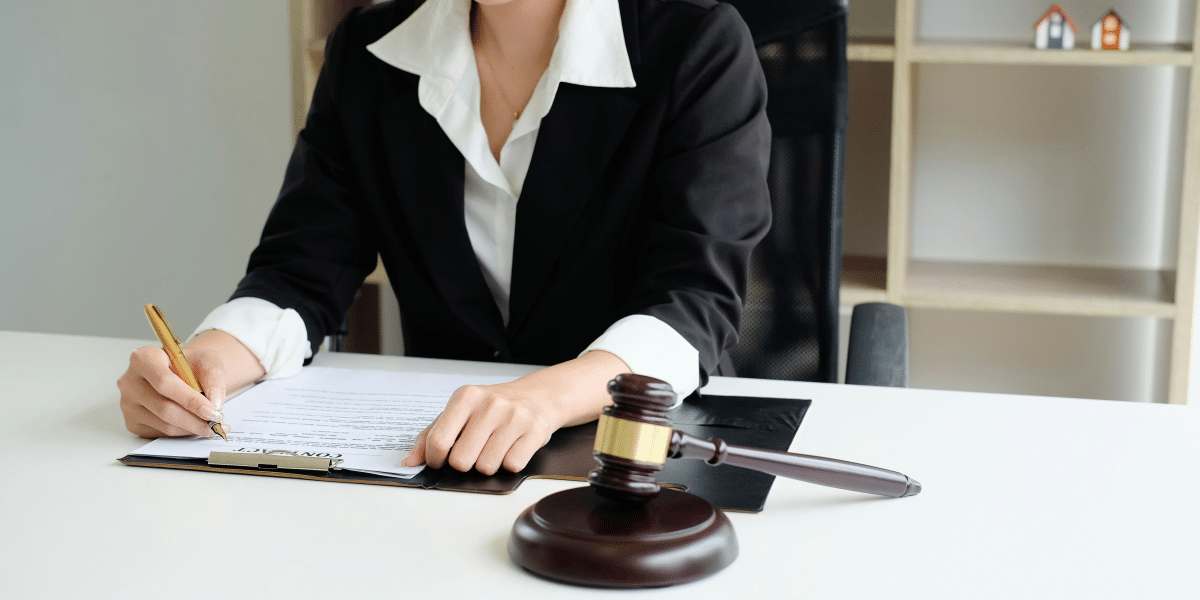By: SEO Mavens
You’ve had your legal consultation, and you’re likely wondering, “What happens next?” This stage can feel overwhelming, but understanding the steps that follow can provide clarity and confidence. Knowing what to expect can help in any legal matter, like a personal injury case or a business dispute. It can make the process smoother.
We’ll walk you through the essential steps that typically follow a legal consultation. We’ll cover everything from understanding your lawyer’s role to gathering necessary documents and preparing for court. By the end, you’ll have a comprehensive roadmap to help you navigate the often complex legal landscape.
The Role of Your Lawyer
After your initial consultation, your lawyer’s primary role is representing your interests and providing expert advice. They will guide you through the legal process, ensuring you understand each step and its implications.
Communication and Availability
Communication is crucial in any legal matter. Your lawyer should be available to answer your questions, provide updates, and offer guidance. They will also speak for you with other parties, like opposing counsel or insurers.
Legal Strategy Development
When navigating divorce laws, your lawyer will develop a legal strategy tailored to your specific case. This means: assessing your situation’s strengths and weaknesses. Identify challenges. Then, find the best way to achieve your goal.
Gathering Necessary Documents
One of the first steps after your consultation is to gather all relevant documents. This might include contracts, medical records, financial statements, or other case-related documents.
Organizing Your Documents
Proper organization of your documents is essential. Create a system that allows you to easily access and reference important information. This will not only help your lawyer but also ensure you are prepared for any requests for documentation.
Submitting Documents to Your Lawyer
Once you have collected and organized your documents, submit them to your lawyer promptly. This enables them to review and incorporate the information into your case strategy effectively.
Establishing a Timeline
Your lawyer will help you establish a timeline for your case. This includes key dates, such as filing deadlines, court appearances, and any other important milestones.
Understanding Timeframes
Different legal matters have varying timeframes. Personal injury cases may take longer due to medical evaluations and settlement talks. Knowing these timeframes helps set realistic expectations.
Staying On Track
Adhering to your timeline is crucial for a successful legal outcome. Ensure you meet all deadlines and keep in regular communication with your lawyer to stay updated on any changes or developments.
Preparing for Court
If your case goes to court, understanding the procedures can ease some of the stress. Your lawyer will explain what to expect, from the courtroom setup to the roles of different participants.
Witness Preparation
In some cases, you may need to provide witness testimony. Your lawyer will prepare you and any witnesses. You’ll learn the questions you might be asked. You’ll also learn how to present your testimony.
Courtroom Etiquette
Courtroom etiquette is vital. Dress appropriately, arrive on time, and follow the court’s rules and procedures. Your lawyer will provide specific guidelines to help you present yourself professionally.
If you are looking for professional divorce help, consult with sweetlaw.com.
Understanding the Legal Consultation
Navigating the legal process after legal consultation can be complex but with the proper guidance, you can move forward with confidence. By understanding the steps involved and maintaining open communication with your lawyer, you can achieve a favorable outcome. Start your legal journey with us and find the support you need to succeed.
Disclaimer: “The content in this article is provided for general knowledge. It does not constitute legal advice, and readers should seek advice from qualified legal professionals regarding particular cases or situations.”
Published by: Holy Minoza
















